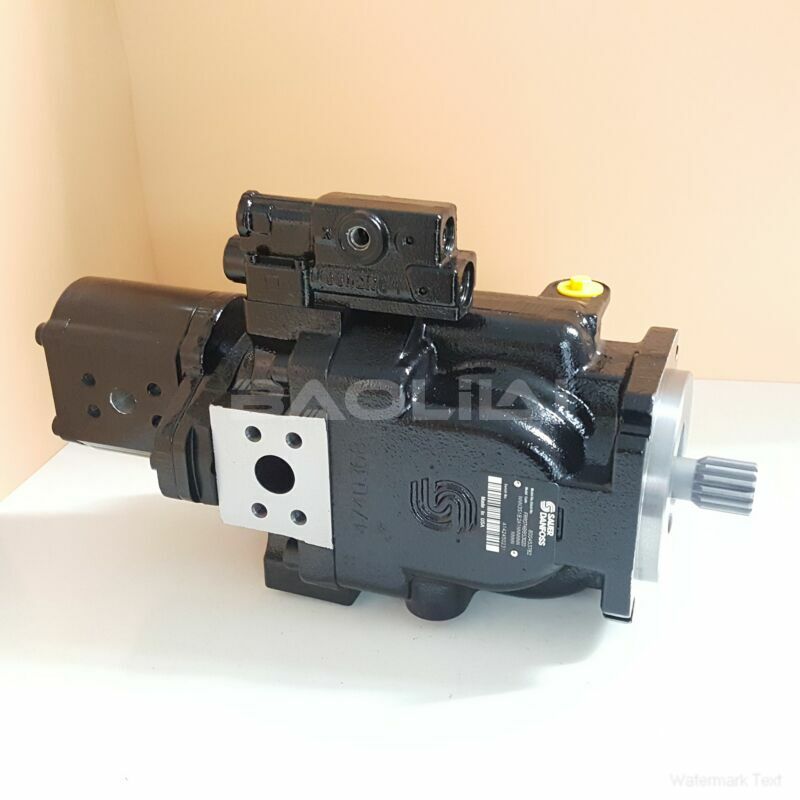FRR074BPC21NNNNN3S1B2A1NNNNNNNNNN high pressure pump
FRR074BPC21NNNNN3S1B2A1NNNNNNNNNN high pressure pump

- Product Details
- Applicable Scene
Automated chemical injection systems are essential in various industries, including oil and gas, water treatment, and food processing. These systems ensure the precise delivery of chemicals to enhance processes, maintain safety, and ensure compliance with regulatory standards. At the heart of many of these systems are piston pumps, renowned for their reliability and efficiency. This article explores the significance of piston pumps in automated chemical injection systems, their operational features, and the advantages they bring to diverse applications.
FR-R-074B-PC-21-NN-NN-N-3-S1B2-A1N-NNN-NNN-NNN
FRR074BPC21NNNNN3S1B2A1NNNNNNNNNN
Piston pumps are positive displacement pumps that use a reciprocating piston to draw fluid into a cylinder and then push it out. This method allows for precise control over the flow rate and pressure, making them ideal for chemical injection applications where accuracy is critical. The ability to handle various viscosities and chemical compositions further enhances their suitability for different industrial environments.

83019827
One of the primary benefits of using piston pumps in automated chemical injection systems is their high accuracy in volume delivery. The nature of piston pumps allows for consistent and repeatable injection rates, which is crucial for processes that require a specific chemical concentration. This level of precision helps optimize chemical usage, reducing waste, and improving overall efficiency.
Moreover, piston pumps are capable of generating high pressures, making them versatile for injecting chemicals into systems with varying resistance levels. This capability is particularly beneficial in applications like remote water treatment facilities, where chemicals must be injected into pressurized systems to effectively control water quality or treatment processes.
Another important aspect of piston pumps is their durability and longevity. Designed to withstand harsh conditions and corrosive environments, they can handle a wide range of chemicals, including viscous and abrasive fluids. This robustness reduces maintenance needs and downtime, allowing operations to continue without significant interruptions.





